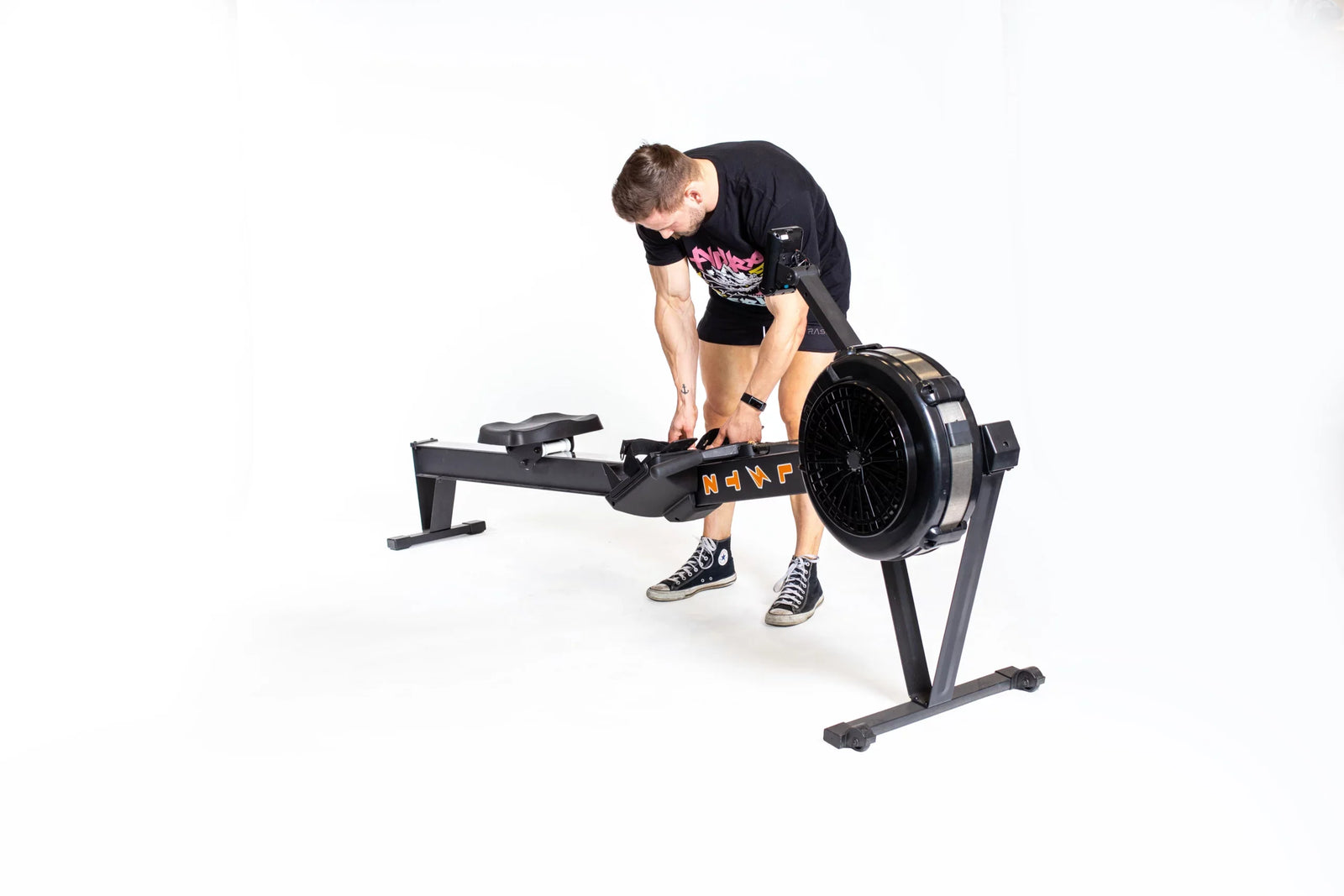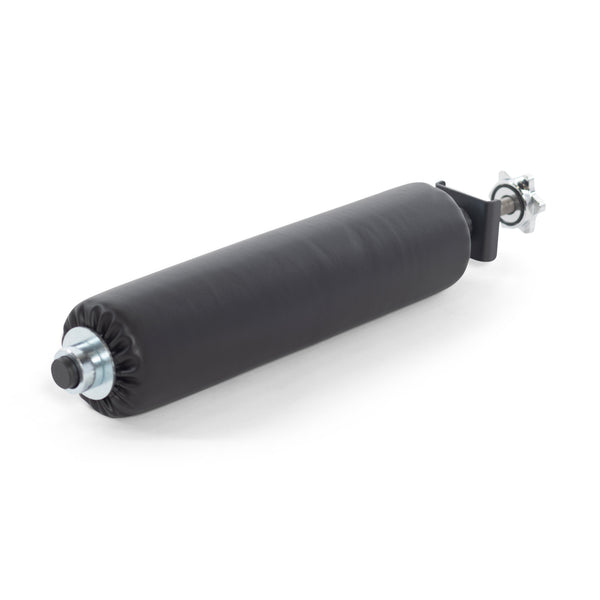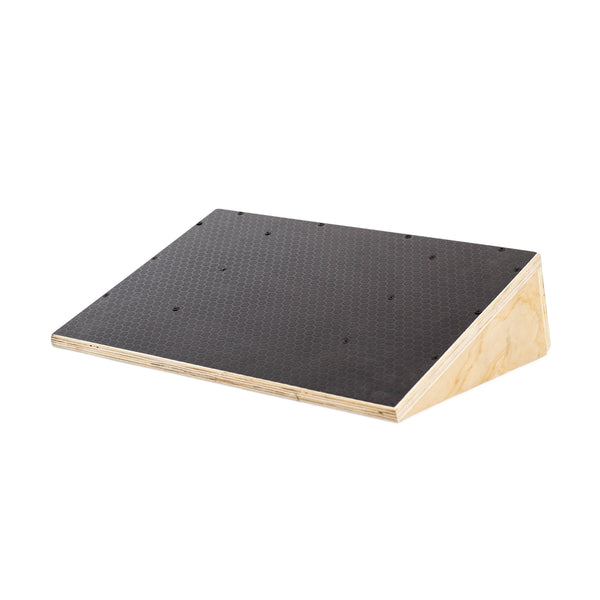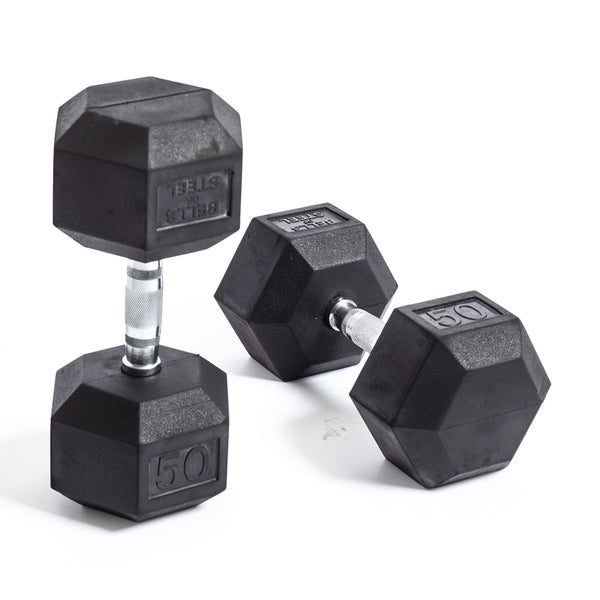Rest days play a crucial role in allowing your muscles to recover before your next workout, and they're typically low-impact and restorative. However, a bit of movement can actually be beneficial.
Rowing is known for its intense, full-body, and calorie-burning benefits. However, a rowing machine can be used for active rest and recovery on your rest days.
In this article, we'll dive into the concept of active rest and recovery and explore how to utilize a rowing machine for this purpose.
Let's get ready to rock and row!First, let's clarify what active rest means.
This seemingly oxymoronic term refers to low-impact movement that raises your heart rate and improves oxygen-rich blood flow throughout your body to promote recovery and repair. Activities like walking, hiking, light jogging, mobility work, and gentle rowing are examples of active rest.
Conversely, passive rest means putting your feet up and watching Netflix all day. Both have their benefits, but active rest is better for avoiding the torture that is DOMS (delayed-onset muscle soreness) and for keeping the gainz train rolling. 🚂So here's the million-dollar question: how can such an intense exercise be used for active rest?
The answer is you, my friend.
By reducing your intensity, you can get a light workout that moves blood through your body without draining your energy or further taxing your muscles.
On an air rower, this means rowing slower than you would during interval training or timed workouts or adjusting the damper.
One caveat: this requires some self-control. If you've fallen head over heels for daily workouts and the flood of endorphins, you may be tempted to push yourself.
Don't.
If you find yourself looking at your pace and feeling the urge to push it, flip or cover your screen.
Pay attention to your body. You should break a light sweat and be able to maintain a conversation while rowing. Test yourself with the VOX Max testing trick of saying the ABCs. This is known as the "talk test". If you can comfortably get through the alphabet without gaps or hesitation, you're set. You can also incorporate gentle rowing into your cooldown after an intense workout. Consider adding 10-15 minutes of light rowing, following the intensity guidelines above.
On rest days between workouts, push your timing to 20-30 minutes. Adjust based on your fitness level and other activities.
Prioritize proper form when rowing on recovery days. Just because it's lighter, doesn't mean you can be lax on your positioning.Rowing is a great activity for active rest days to promote muscle recovery. This full-body workout will help improve blood flow and tissue repair.
Be sure to prioritize form and control your athletic urge to increase the intensity. This should be a slow and steady-state workout; save the energy for your next PR.




